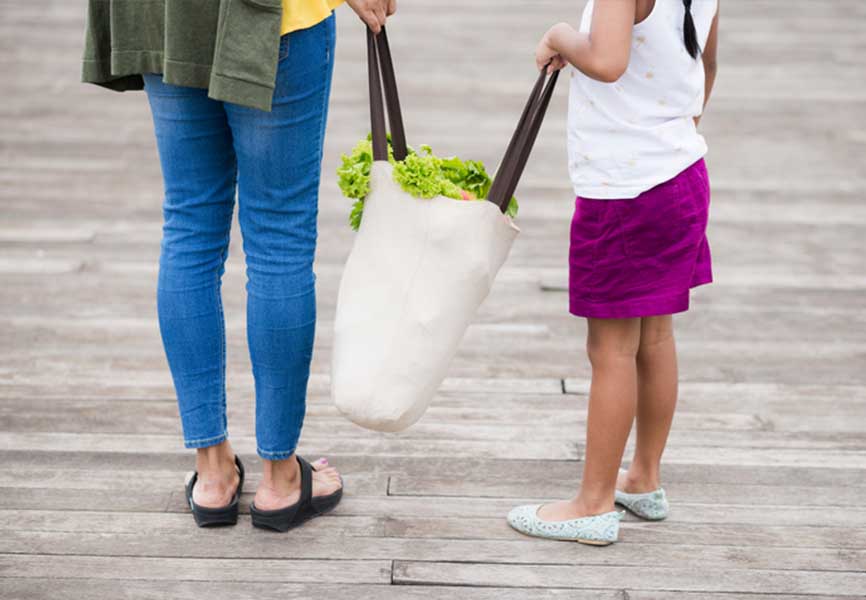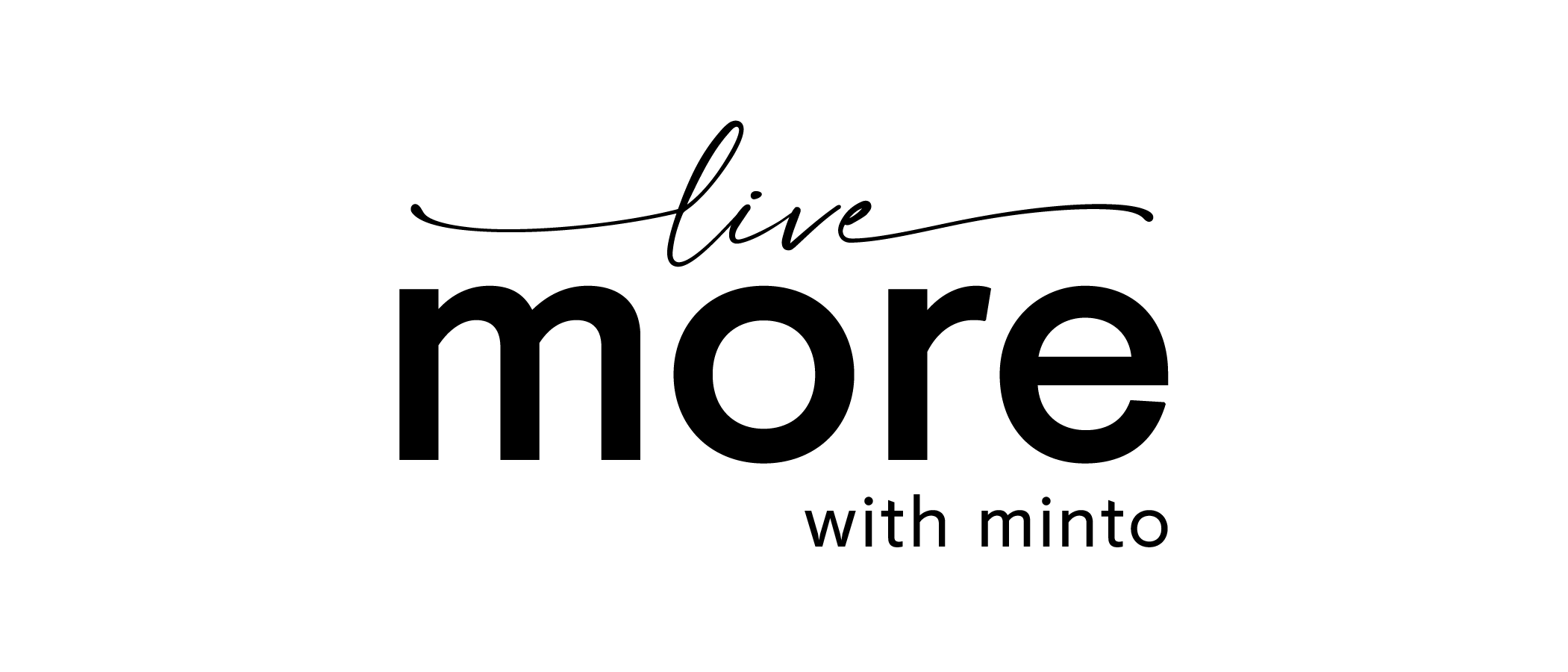
Living green at home 101
|
|
Living a more sustainable life can mean different things for different people. It can be as simple as remembering to shut the lights off or investing in energy saving appliances or LED bulbs. Whatever it is, it doesn’t have to be complicated. There is plenty you can do to reduce your environmental footprint by being a little more mindful day-to-day. Read on for some simple tips on how we can all work a little harder to save the planet (and some money, too!)
Conserve energy

• Be mindful of those lights and electronic devices! If you’re not using them, turn them off or unplug them.
• Consider purchasing ENERGY STAR® products. Whether it’s appliances and electronics, or lighting and office equipment - every little bit helps.
• Plug electronic devices into power bars or “green plug” outlets which can be switched off to reduce electricity consumption when not in use.
• Use energy efficient fluorescent or LED bulbs throughout your home, and be sure to dispose of mercury-containing fluorescent bulbs – including CFLs – as hazardous waste.
• Try to wash your clothes in cold water, run only full loads, choose the energy-saver cycle and match drying time to the size of your load.
• Boil water using an electric kettle, rather than on the stove.
• When baking and roasting, watch progress via your oven window rather than opening the door (hello there, delicious cookies!) Not only will this help you save energy, it will get you better cooking results! Opening your oven door mid-bake can actually cause your oven to drop in temp by at least 100F which can impact cooking time significantly.
• Use a microwave, slow cooker or toaster oven for cooking or warming food when possible. Pressure cookers such as the ‘instant pot’ are also super-efficient since they keep all that heat in tightly while cooking (great for summer!)
• Close drapes on hot summer days to reduce heat build-up, or, open drapes on sunny winter days to take advantage of solar heating.
• Arrange furniture so it doesn’t block heating sources, or, use an air deflector if a vent is under a piece of furniture.
• If you have access to the temperature controls for your home, turn the thermostat down at night or when you’re away to save energy. Hot tip: make sure the temperature isn’t set below 15°C to avoid freezing pipes!
• Maintain your appliances to optimize energy efficiency.
• Regularly dust refrigerator coils, radiators and baseboard heaters.
• Use energy in off-peak hours. This will save money and make your electric distribution system more efficient.
• When windows are closed, make sure they’re locked, too! This will help minimize any air leaks.
• Plant a leafy tree on the south side of your property to provide shade in the summer and let sun in the winter, or a coniferous on the north side to block the wind.
Conserve water

• Repair (if you’re a homeowner) or report (if you’re renting) leaky faucets and running toilets ASAP! Hot tip: Web connected leak detection kits are good for catching what could be unnoticed leaks, while providing more info on how water is used.
• Try not to leave water running while prepping food, washing dishes, shaving or brushing those pearly whites.
• Keep a jug of water in the refrigerator to avoid running the tap. Bonus: This will also make your fridge more efficient!
• Scrape your dishes before washing instead of rinsing.
• Run full loads only in your dish and clothes washers.
• Take shorter showers when possible and don’t overfill the tub when bathing.
• If you’re in charge of maintaining your lawn at home, water it early in the morning to reduce evaporation, or consider using a drip hose or drip irrigation. Better yet, replace your lawn with a drought tolerant pollinator-friendly garden to conserve water and save the bees and other pollinators!
• Wash your car less often and don’t run the hose for long periods of time when you do.
Reduce waste

• Sign-up for paperless billing programs.
• Buy fewer consumer goods and reuse them when possible, or share with neighbours and friends.
• Donate or sell items you no longer need if they are still in good condition.
• Consider used or recycled products (hello, thrift shopping!)
• Choose goods with little or no packaging. If you’re up for the challenge, you might even want to consider going zero-waste!
• Use reusable bags and other reusable containers including water bottles.
• Ditch those magazine and newspaper subscriptions and opt to read your content online instead!
• Avoid buying corrosive, flammable, explosive, and toxic products when you can. Whenever possible, buy in small amounts to keep hazardous waste to a minimum.
• Do some research and read the label. Always ensure the product you’re buying does what you need it to do.
• Buy durable goods.
• Maintain your consumer goods to optimize their lifespan – everything from your shoes and clothes to your fixtures and appliances!
• Whenever possible, recycle materials that can’t be reused or donated.
Improve indoor air quality

• Minimize the use of toxic, solvent-based and scented products.
• Select environmentally-friendly cleaning and personal care products whenever possible. Consider products that are 0 VOC (volatile organic compound), natural, bio-degradable and solvent-free, and look for Green Seal products to make sure you’re getting what’s advertised!
• Remember that vinegar, baking soda, lemon and borax are very effective for most household cleaning tasks (just be careful on porous surfaces!)
• Consider incorporating a few plants into your décor to help clean the air in your home, or an ionization air filter.
• To avoid mould and mildew:
o Address leaks and other moisture-related issues promptly.
o Use exhaust fans or open windows when cooking or showering.
o Dispose of food waste regularly.
o Wash towels and cloths frequently.
o Regularly clean your home to control dust, pollen and other allergens.
o Repair (if you’re a homeowner) or report (if you’re renting) exhaust fans that aren’t working properly, and be sure to have your air filters for furnace or ventilation systems replaced when needed.
o Last but not least, open those windows and let the fresh air in! Just before spring is the best time to do this, so go ahead and give your home a good flush before the pollen arrives.

